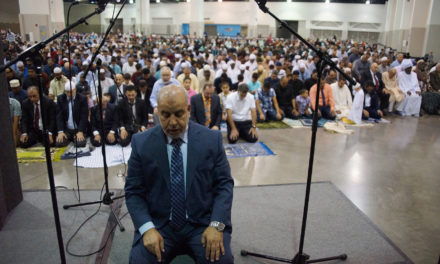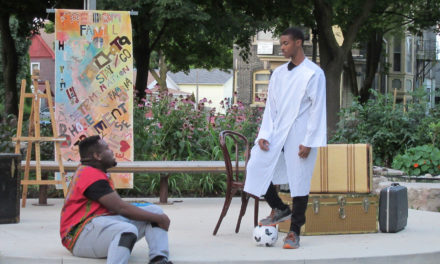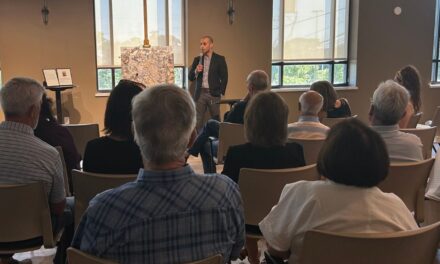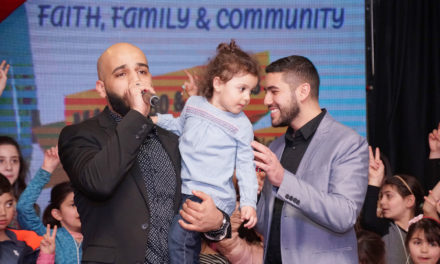As Muslim families across America and around the world celebrate the beginning of Ramadan, Jill and I want to extend our best wishes to all who are observing this holy month.
Americans of all backgrounds have come to respect the discipline and values of Ramadan. We have stood in awe of athletes like Kareem Abdul-Jabbar and Ibtihaj Muhammad as they abstained from food and drink during the heat of competition. We have seen Muslims give generously to strengthen our communities and lift up the most marginalized among us. Above all, we have felt the sense of unity, joy, and deep reflection that this month creates for our Muslim friends and neighbors.
We know that Ramadan will feel different this year. The global pandemic and public health necessities will mean friends and family cannot come together for nightly iftar dinners, gather for communal prayers in mosques, and organize charitable activities in the community. But we also know that it is ultimately spiritual proximity — and not merely physical proximity — that makes Ramadan meaningful to those who observe. Muslim American community leaders are adapting — convening virtual mosques and hosting online iftars, channeling their charitable efforts toward those hit hardest by this crisis, praying for and honoring the lives of all those who have been lost. Perhaps most remarkably, despite the physical challenges that can come with fasting, Muslims will keep doing what they have been doing before and during this pandemic: leading on the frontlines every day as doctors, nurses, first responders, scientists, small business owners, retail workers, and more. Their service to our nation is and has always been essential, in every sense of the word.
Yet even as they put their lives on the line to help their fellow Americans endure this crisis, I know that our Muslim neighbors also frequently suffer from vicious attacks and discrimination. Bigotry and ignorance have always been with us — and I strongly believe that it is one of the chief moral responsibilities of our leaders to root out and allay those sentiments rather than fan the flames of hate. I stand steadfastly with Muslim Americans against insidious and un-American actions like the Muslim Ban. In a country made strong by diversity and replenished by wave after wave of immigrants, nothing could be more antithetical to our values than government-sponsored discrimination.
During this month of reflection, my heart goes out to the millions of Muslim families around the world suffering conflict, oppression, displacement, and poverty — simply because of their faith — in China, in South Asia, across the Middle East, and elsewhere. And, like people of every faith, Muslims in America and around the world now have to cope with the uncertainty and disruption caused by the coronavirus. At this moment of global crisis, it is more important than ever to recommit to our common humanity and the dignity of all people.
Next year, we hope that Muslim Americans will gather together once again to celebrate and pray alongside friends and neighbors during Ramadan. And if I have the honor of being elected President, the annual White House Eid celebration will be reinstated, and the doors of the White House will reopen as a home for all Americans — and a workplace made stronger by the contributions and ideas of Muslim public servants. Until we are able to come together again, Jill and I wish Muslim families Ramadan Mubarak, and all our best wishes for the holy month ahead.














